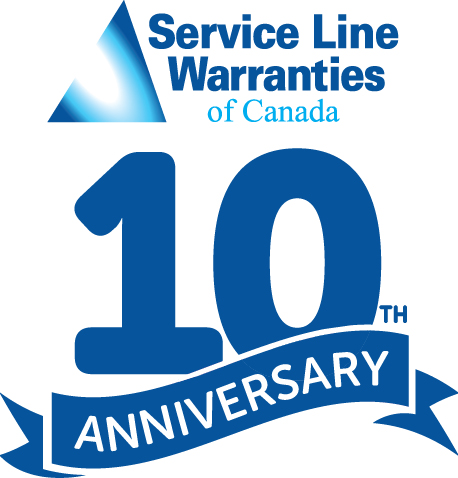The COVID-19 pandemic has impacted our lives in numerous ways, and its effects will be felt long after vaccines are successfully distributed, including on our infrastructure.
Wednesday’s announcement that the federal and Ontario governments will distribute an additional $695 million to help municipalities across the province meet budget shortfalls was a bright spot for municipalities fighting the second wave of the pandemic. The funding will be distributed across all of Ontario’s communities to provide financial relief as many are drafting their 2021 budgets.
In October, the province had announced over $1 billion, including $250 million in funding for local governments to build or renovate health- and safety-related projects to respond to the pandemic. Although this much-needed help is appreciated, it is on an application basis, and cities will have shortfalls that exceed the grant funding they will need to cover them. The provincial government is unlikely to have enough funds to cover all at-risk projects, especially with the focus on COVID-related projects.
The Residential and Civil Construction Alliance of Ontario has been sounding the alarm that next summer’s construction season may be withering on the vine. Board chair Peter Smith noted that COVID-caused municipal deficits has forced many of the province’s communities to raid their capital fund budgets – which would otherwise be earmarked for infrastructure projects – just to cover basic operating expenses. Obviously, this would result in fewer infrastructure projects, something that Smith estimated that could cost Ontario 41,000 construction jobs.
This domino effect, COVID-19 reducing revenue and ultimately cities’ budgets for infrastructure projects, has seen a decline of more than one-third in government and institutional building permits. Civil and engineering firms said they anticipate revenue declines and a quarter said they would need government help to stay open. Not only does this threaten the livelihood of tens of thousands of Ontarians, but it also pushes back necessary infrastructure work, putting additional stress on aging systems. Smith noted that municipal projects have been more than halved since July.
Mayors for the province’s larger cities joined the chorus in asking that the federal and provincial governments provide funding to address the pressing repairs that many infrastructure systems need. The Big City Mayors group, representing several Ontario municipalities, noted the necessity for funding to replace aging infrastructure, build new infrastructure to sustain growth and improve the environment and economy. Without assistance, those municipalities who had to draw from capital funds will need to balance their budgets by reducing the number of infrastructure projects they undertake, so some are calling for a Safe Restart Agreement 2.0 for next year.
Wednesday’s announcement will help cities like Toronto, which have been calling for provincial and federal help in covering an expected $1.5 billion shortfall – one that was only partially covered by the earlier Safe Restart Agreement payment. Mayor John Tory noted that the uncertainty of how long the pandemic will last will make drafting a budget in February a difficult proposition.
As municipalities move toward budget discussions in the new year, some are faced with the unappealing prospect of having to possibly raise taxes or make cuts to essential services, especially as the virus continues to rampage with no clear end in sight. The Financial Accountability Office of Ontario estimates that the pandemic cost provincial municipalities $4.1 billion in 2020 and will cost an additional $2.7 billion next year.
Service Line Warranties has a royalty program that can provide a non-tax revenue stream to help bolster municipalities’ general funds while our program shields your residents from the financial shock of an unexpected water or sewer service line repair. In addition, we work with municipal partners to educate their residents about their service line responsibilities, of which many homeowners are unaware.
To learn more about how we can help you recover from a COVID shortfall, contact us.

